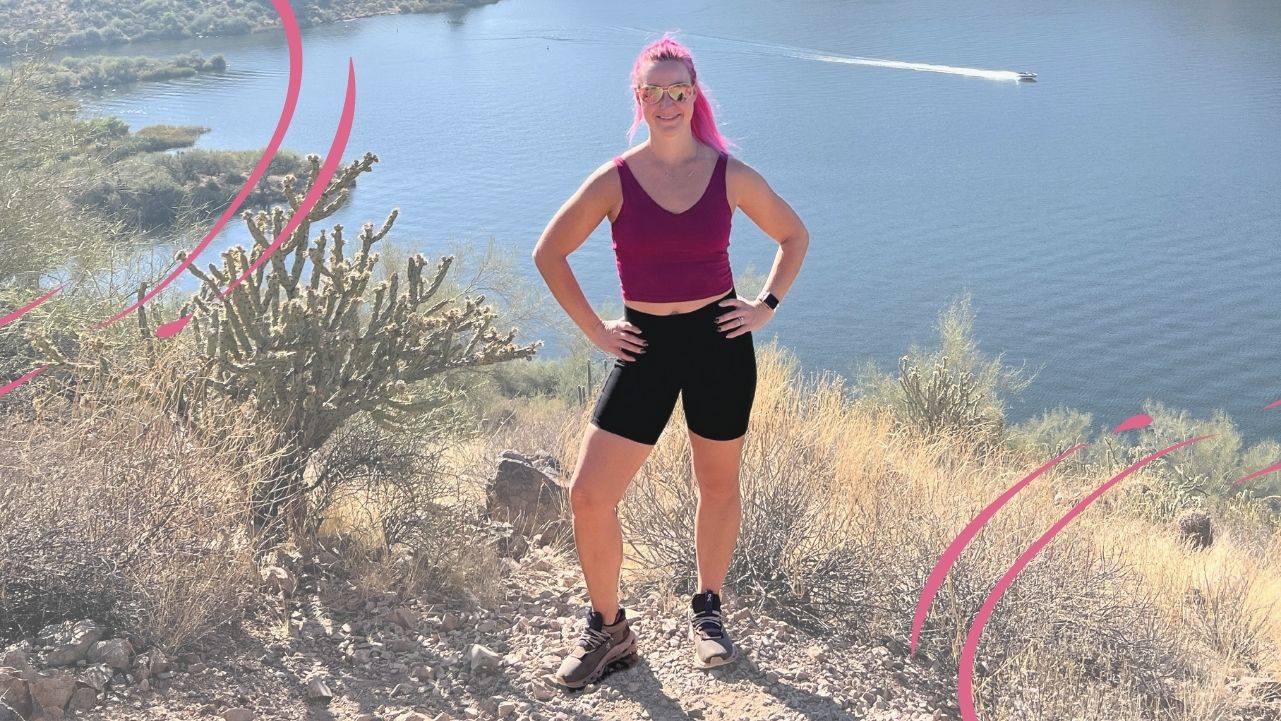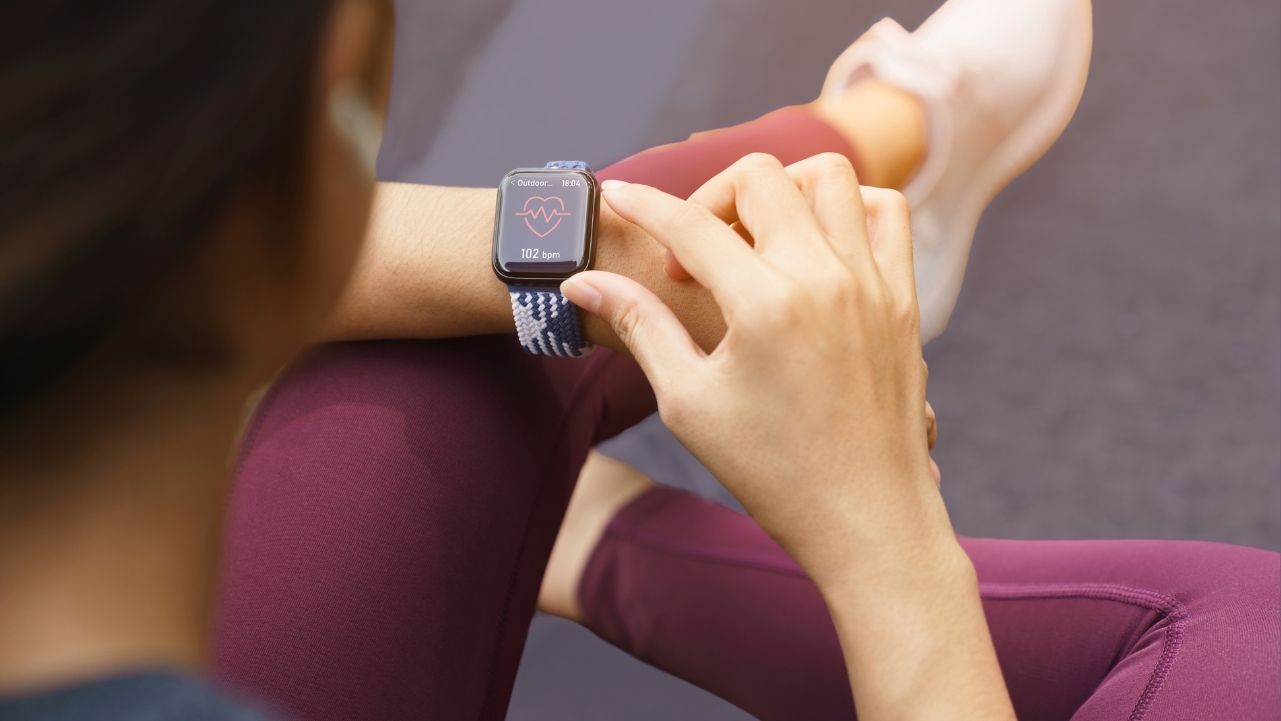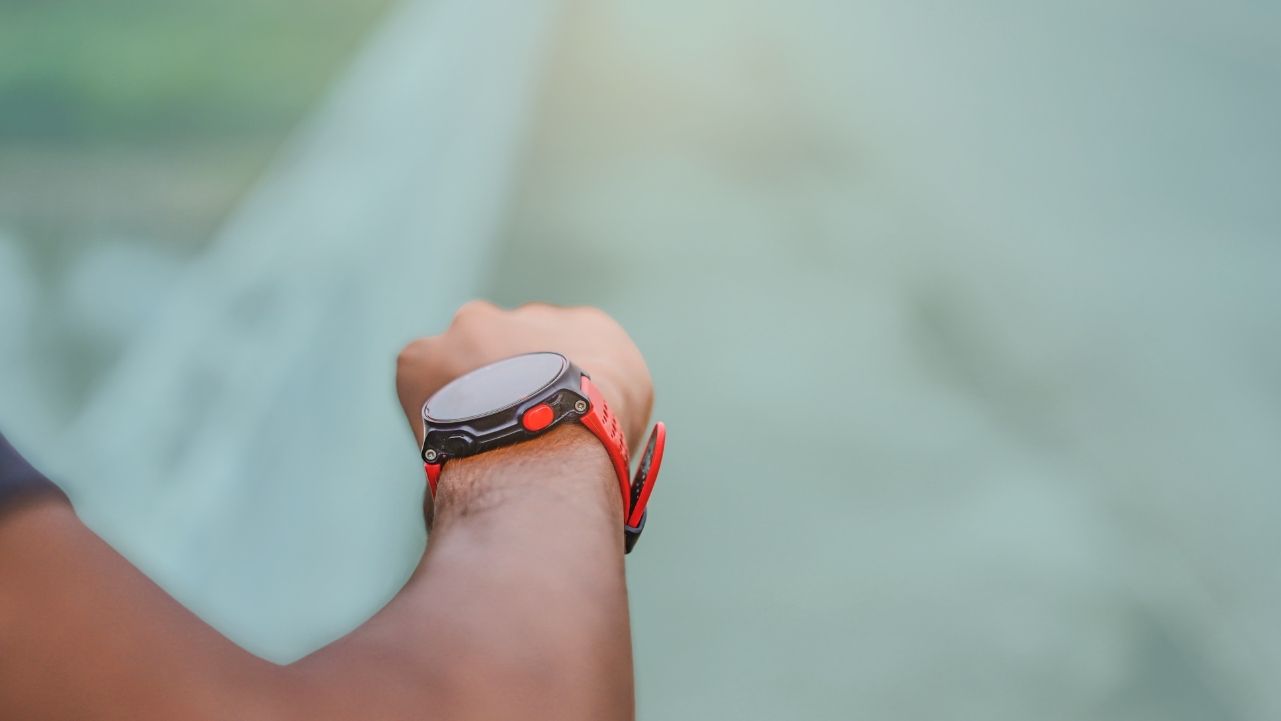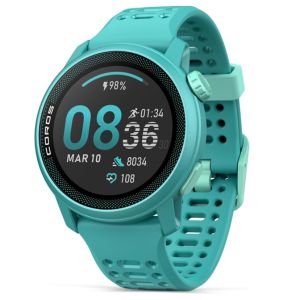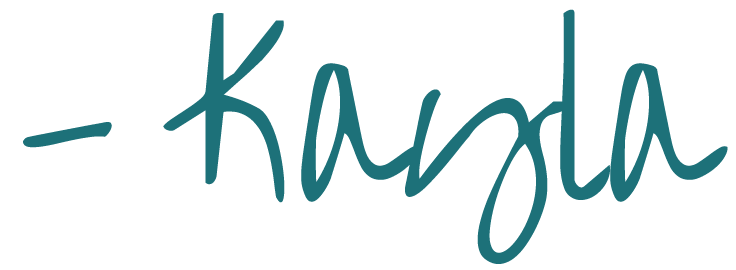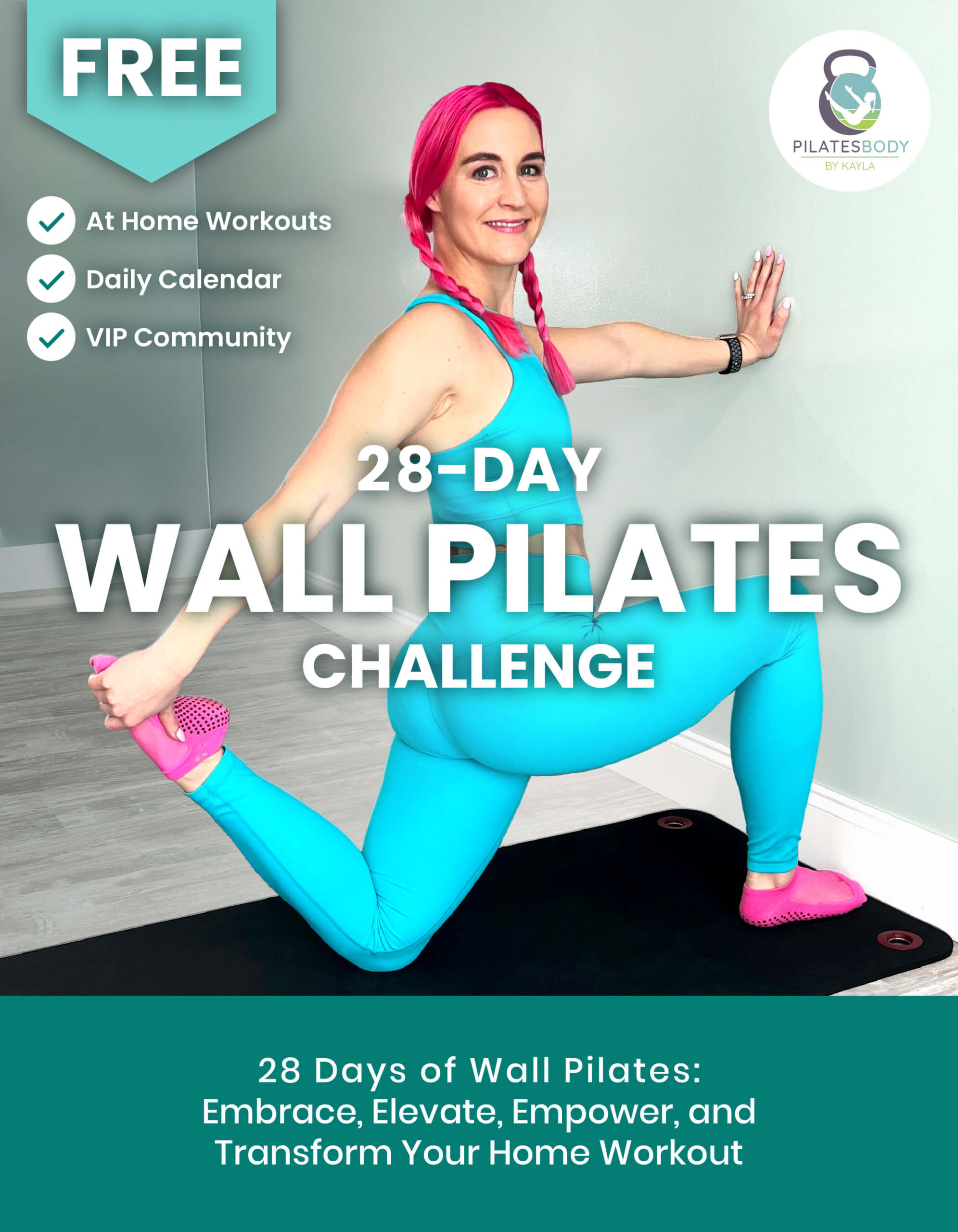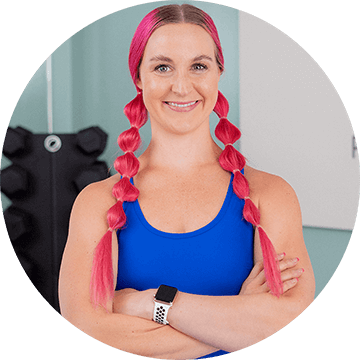In today’s fast-paced world, fitness trackers have become indispensable tools for many of us. In this blog post, we’ll explore how these devices work, the benefits of fitness trackers for sleep and activity, and a comparison of fitness trackers so you can pick the one that’s right for you!

